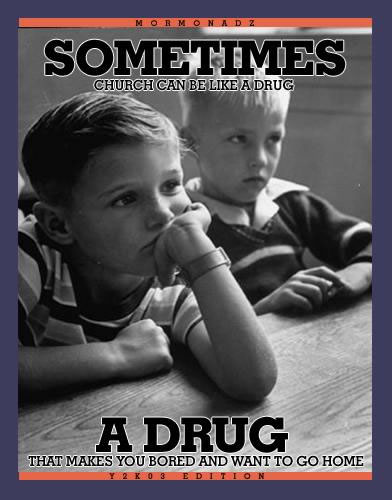It's been a while since I've posted anything here. Life has been very busy, but I'm preparing to make my position known to my family and other church members. Rather than shock everyone with a pronouncement I would like to make my position clear with a series of short essays before the willingness to listen to what I have to say is switched off. Recently a discussion about the various accounts of the first vision story came up in which it was indicated that I didn't know what I was talking about and the other versions were written by other people not by Joseph Smith like the official version was. Using information, mainly from the amazing articles at
MormonThink I wrote up a response that I know will be the first in a chain of events. I would love to get as much feedback on this as I can before I unleash it.
Different Versions of the First Vision Story
In 2013 the church published an essay on their website called “First Vision Accounts”
https://www.lds.org/topics/first-vision-accounts?lang=eng
In this article they talk about 8 different accounts, 2 written directly by Joseph Smith’s hand and the other dictated by him to other people. The article supports the validity of these accounts and says, “The various accounts of the First Vision tell a consistent story, though naturally they differ in emphasis and detail. Historians expect that when an individual retells an experience in multiple settings to different audiences over many years, each account will emphasize various aspects of the experience and contain unique details…. the rich historical record enables us to learn more about this remarkable event than we could if it were less well documented.”
Why are there so many different versions instead of just one?
People might ask why there are so many differences and use it as an excuse to say he made the whole thing up. There are a number of differences and considering the long time span between the event and when it was recorded you would expect some differences to occur. After all it is a scientifically proven fact that we add details that never happened if experiences are not recorded immediately because we shape our memories to fit a story-line. When we remember we are recreating the events in our minds rather than recalling exact images, we tend to make ourselves look better in the retelling to explain our actions. These are established scientific facts about memory recall. If fact we re-imagine historic pasts so much that if people repeatedly imagine having an experience, they are likely to report that it actually happened, especially if they did not record actual details of the experience immediately. This is why stories often grow in the retelling and most people are not even aware that it is happening.





